How can a placebo produce the same physiological changes that happen with actual pills?
Because thoughts, beliefs, expectations and meaning create change. If you believe that the sugar pill you are receiving is an actual pill that will treat or cure a given condition and you have that expectation and meaning and hope, it will likely not only impact your mental state, but it will also change your body chemistry in the same way that the pill would have.
It's mind-boggling if you think about the implications of this. If it's not the pill that's changing your mental and physical condition; it's you!
Obviously, the pharmaceutical companies aren't jumping up and down and pouring millions into placebo research, because they're publicly traded companies with a bottom line and that bottom line is not your health and wellbeing. That doesn't mean that there aren't many drugs that are extremely beneficial. But it does mean that these companies are not going to invest in research and pathways that don't benefit them first and foremost.
If your only association for the placebo is with a double-blind pharmaceutical study, you're missing out. The real deal is that we have much more agency over our situations than we know.
If our thoughts, feelings and beliefs can cause positive changes in our bodies that mimic the intended effect of a drug, it makes sense that our thoughts, feelings and beliefs can also cause negative changes in our bodies.
"Those who know how close the connection is between the state of mind of a man – his courage and hope, or lack of them – and the state of immunity of his body will understand that the sudden loss of hope and courage can have a deadly effect."
So what does this have to do with relationships? It has everything to do with relationships. Think about it. Those habitual thoughts, feelings, attitudes and beliefs that have so much of an impact on our own lives; the same goes for what we do with our partners.
Over time, we develop habitual ways of thinking, feeling and behaving with each other. We assume as a result that we don’t even have to bother asking or investigating because we already know how they’re going to respond. We assume they should be able to read our minds as well. We adopt roles in the relationship and as parents so that these repetitive thoughts, feelings, attitudes and beliefs turn into ongoing states of mind and the vast majority of our relationships just go on autopilot.
The Love After Kids Relationship Toolkit that will be ready for beta-testing in the next 4-6 weeks was designed to combat complacency and assumptions in relationships, identify and change habitual ways of being and relating that keep you stuck and suck the air from the relationship.
People like Viktor Frank and Joe Dispenza inspire me to work on harnessing the power of the mind and using it to inject life and strength into relationships.
Take a few minutes to identify a thought or belief that you have that is rooted in your past experiences. Write it down. Then write down what that thought or belief would look like in its unlimited version. For example, I'm afraid to fly (limited belief). I love to fly (unlimited belief).
My wish for you is that you have the audacity to be the change that you want to create. I'll be working on it too right alongside you.
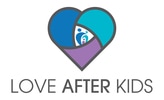
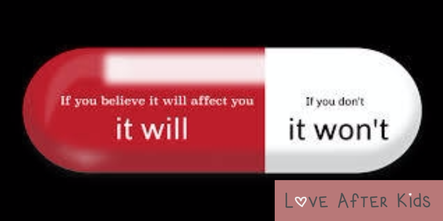
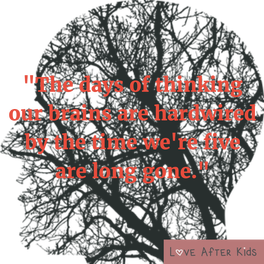
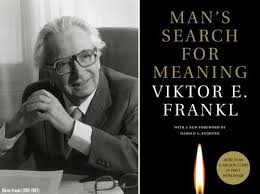
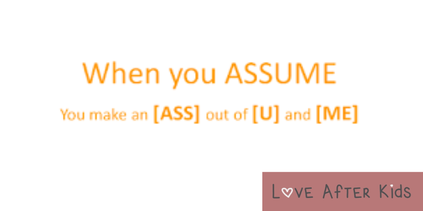
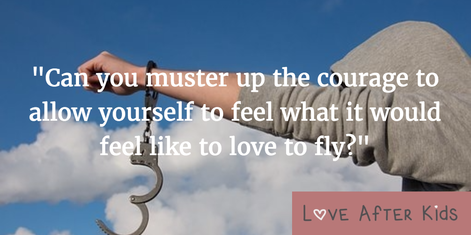
 RSS Feed
RSS Feed